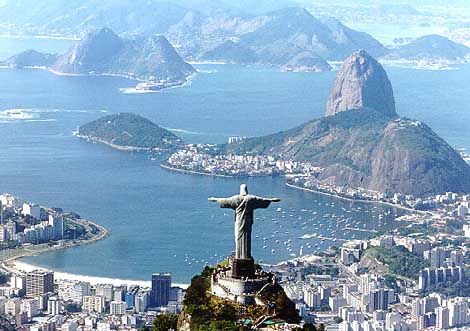Like many instructors, I include a lecture in my climate change courses responding to the primary arguments of skeptics. One of the most frequently advanced arguments is that observed temperature increases are merely part and parcel of natural climatic variability. A recent study in the journal Nature Geoscience would be an excellent student reading for such a module. The study, which focuses on the Earth’s energy balance to tease out the respective contribution of anthropogenic and natural factors to current and projected warming, employed a massive ensemble of the Bern2.5D climate model. It reinforces the findings of optimal fingerprinting attribution studies that has also found natural variability to be a minor factor in warming trends. Among the key findings in this study:
- Simulated mean temperature increases from the model were 0.82C from 2000-2009 compared to 1850-1859, similar to the observed value of 0.79C.
- Greenhouse gases contributed 1.31C to the increase, or 159% of the total warming;
- The cooling effect of aerosol forcing is approximate -0.85C;
- Warming associated with tropospheric ozone and solar variability are of similar size, approximately 0.2C
- The individual contributions to warming since the 1950s break down to 085C from greenhouse gases or 166%, with net cooling from direct and indirect aerosol forcing of -0.45C, offsetting 44% of greenhouse induced warming.
- It is “extremely likely” that at least 74% of observed warming sicne 1950 by caused by radiative forcing, with less than 26% attributable to “unforced internal variability;”
- Under the SRES A2 scenario developed by the IPCC, the study concludes that projected temperature increases of 1.29C by 2050 from 2000 will be “almost entirely due to increase greenhouse gas forcing;”
- The findings of this study are also consistent with temperature reconstructions over the previous 1000 years, which found relatively small temperatures variations primarily attributable to solar and volcanic forcing;
- Warming induced by carbon dioxide will persist for at least 1000 years because of slow ocean carbon uptake, mandating a focus on carbon dioxide mitigation in climate change policy.








